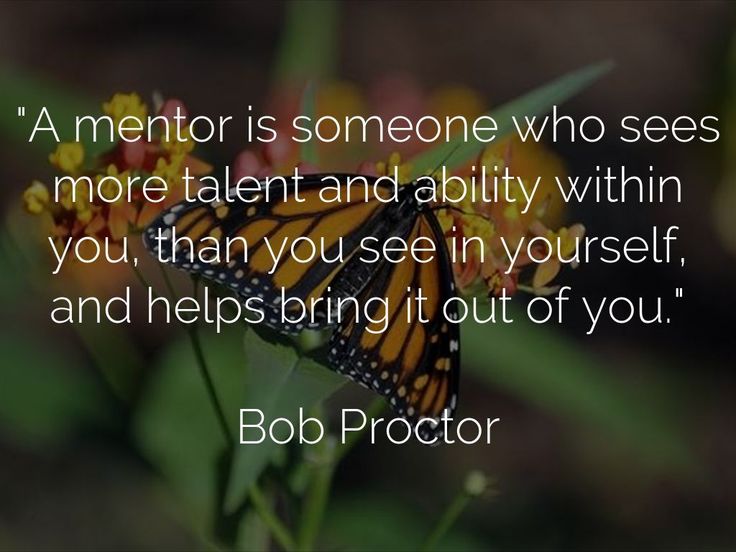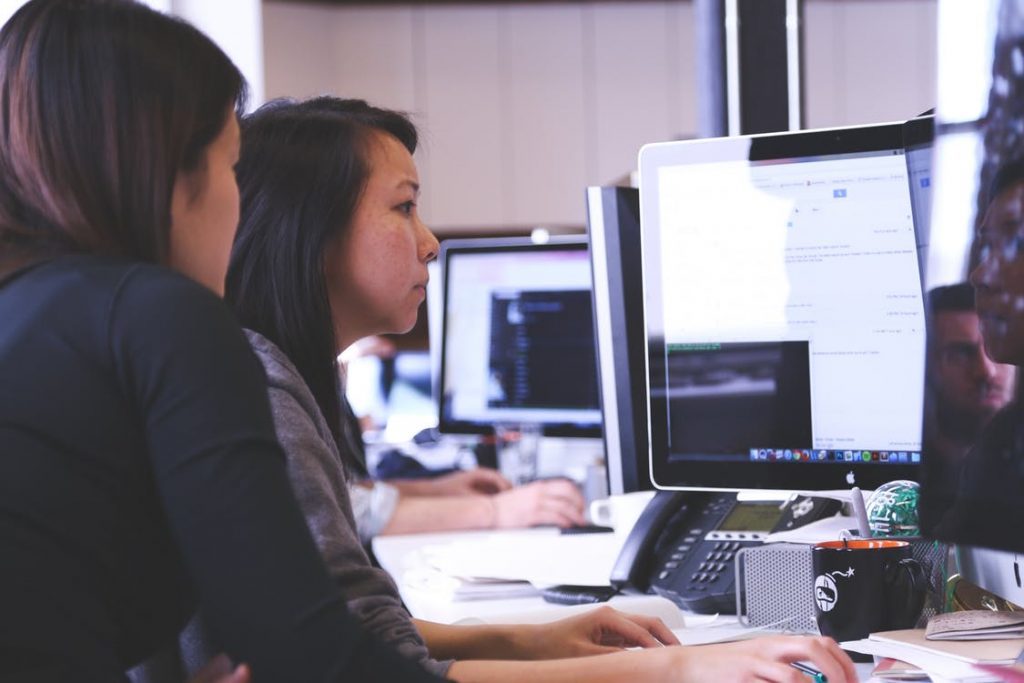I started being conscious of what mentorship is this year when I made an effort to learn new skills. One of my new year’s resolutions for 2017 is to learn a new skill online (for free). So far I’ve watched a lot of webinars and read a lot of content on personal branding and content marketing, to empower myself. I even went to a live workshop on scaling your business.
Before this year, I didn’t know what a mentor was. Sure, I’ve heard of organisations like Rachel’s Angels in Cape Town where school girls are assigned mentors. I never really saw what the duties were of a mentor.
MY PROJECT
I met my mentor, Ndzavi Derrick, through a Twitter chat #WeTalkBiz for entrepreneurs. After two Twitter chats of which he was a guest, I followed him on Twitter and saw that he engages with people on a daily basis, giving advice on business. Later I saw that he is a professional business mentor and told myself I should see him.
In April 2017 I went to see him about a project I had worked on. Being a journalist who works with a lot of people who run non-profitable organisations, it interested me when I heard about a fundraising conference being held in the Netherlands later this year. I had to go.
I wanted to go because I know that people with NPOs struggle to get funding and I wanted to help them to get the right information. So I did research on how much it will cost me to go to this conference and also what type of content I can create leading up to the conference.
For the ticket alone of the conference, it is 2700 euros, which is about R40,000. Imagine! So getting someone to fund me to go sounded like a great idea. I started working on this project, #GetMelToNetherlands (one of my friends called it that).
I needed help with this project though because I didn’t even know where to start. How does one ask for funding? Also, I doubted myself a bit. That’s why I went to see Ndzavi.

THE BUSINESS PROPOSAL
We spoke about several things, but regarding the business proposal, these two things that I learned from Ndzavi that stood out:
- He told me to look at the values of the organisation that I want to ask fundraising from. Look at what do they value; for instance is entrepreneurship and/ or eradicating unemployment important to them? Recent initiatives they have done might give you a clue on this.
- Secondly, he said that I should find ways of how I can be of value to them. Taking the first lesson (what do the funders value), see how you can contribute towards those values. So for them to invest in you, you need to show what value you will bring to them.
THE TURNAROUND
I changed my mind about going to the conference for two reasons:
- I was struggling financially, so then I started thinking: I should earn an extra income for myself instead I am planning to go on a trip. What then happens if I go on this trip, but at home things are not honkey dory. Is it really worth it to go?
- While I was doing research on content I can create and find people I can interview for this trip, I realised that there is so much information available out there. I can access a lot of information and learn a lot of things while I am in my own country. Why leave to go to a conference now when I can equip myself here first?
I told my mentor about this and he brought clarity to my thoughts. I told my husband about my thoughts to not go and we agreed on the following: that I could learn as much as I can about the topic and then plan for next year’s conference.

In the meanwhile, I spoke to Ndzavi about how I can make an extra income. My mind shifted to how I can make money now instead of making money in the future. So the thought was: what can I do now to get money now?
My blog is one of the tools of marketing my services as a writer. I gave up the idea of going to the fundraising conference in May and then started working on my blog since then. In June I got two clients through my blog. In one instance someone who regularly saw my blog posts told me he liked what I was doing and he referred me to a client who needed content done for his website.
MORE LESSONS
I learned that having a mentor was the same as having an accountability partner. For instance, when I had to finish my proposal for the funders, I had to set a date to see my mentor to discuss the finished proposal. Setting a date to meet him after I had completed an action was a motivation for me. Personally, when I had to do something on my own, setting a deadline was not an easy thing.
But, since I had someone who holds me accountable (even if it’s just in my mind), I had to set a deadline to meet him and then show him how I put to action what I have learned from him. I have not seen my mentor again, but I needed him for a certain season in my life to push me to do something.
Related post: How Fear Is Holding Me Back
DIFFERENT MENTORS
I agree with what entrepreneur Thandeka Miya said about how you should get different mentors. You evolve as a person and it’s good to learn different things from different people.
Related posts: Vanessa Raath: Lessons I Learned As A Mentor + “My Mentor Taught Me To Work On My Business, Not In My Business.”
After my meet-ups with Ndzavi I realised of all the “mentors” I do have in my life already. Most of my current mentors (like Thandeka is an unofficial mentor) I met online and saw what they are busy with. Some of them I had met at a conference and spoken to them, and watch what they are busy with online. I then DM them on Twitter or email them if I have a question or two.
I think that’s how one finds a mentor: through researching a person, asking them questions and deciding what your goal is from the relationship.
You need to set goals for yourself and set deadlines. My goal was the fundraising conference in October, but I set different deadlines for different things to get me there. When I was unsure of something or just to discuss what I am planning, I would talk to a mentor about it.
MENTOR CHARACTERISTICS
Trust is important in a mentorship relationship because communicating your idea is important. Your mentor is someone who has been through what you have been through, so you will get guidance on how to do certain tasks.
Here is some helpful information on what to look for in a mentor:
- SME South Africa tells you to list your expectations in the article “5 steps to finding a mentor“.
- Your Coach Meg advises you on what questions to ask yourself if you’re going to commit to a mentor or coach.
I hope you enjoyed reading this. Do you have any mentorship experience or have you learned anything memorable from someone recently? Please share in the comments.

Great post! Having someone to guide you along the way whether it be a paid service or not is a blessing.
I started the blogging journey on my own, and although I’ve learned a great deal, I wish I would have had someone to run the race with me.